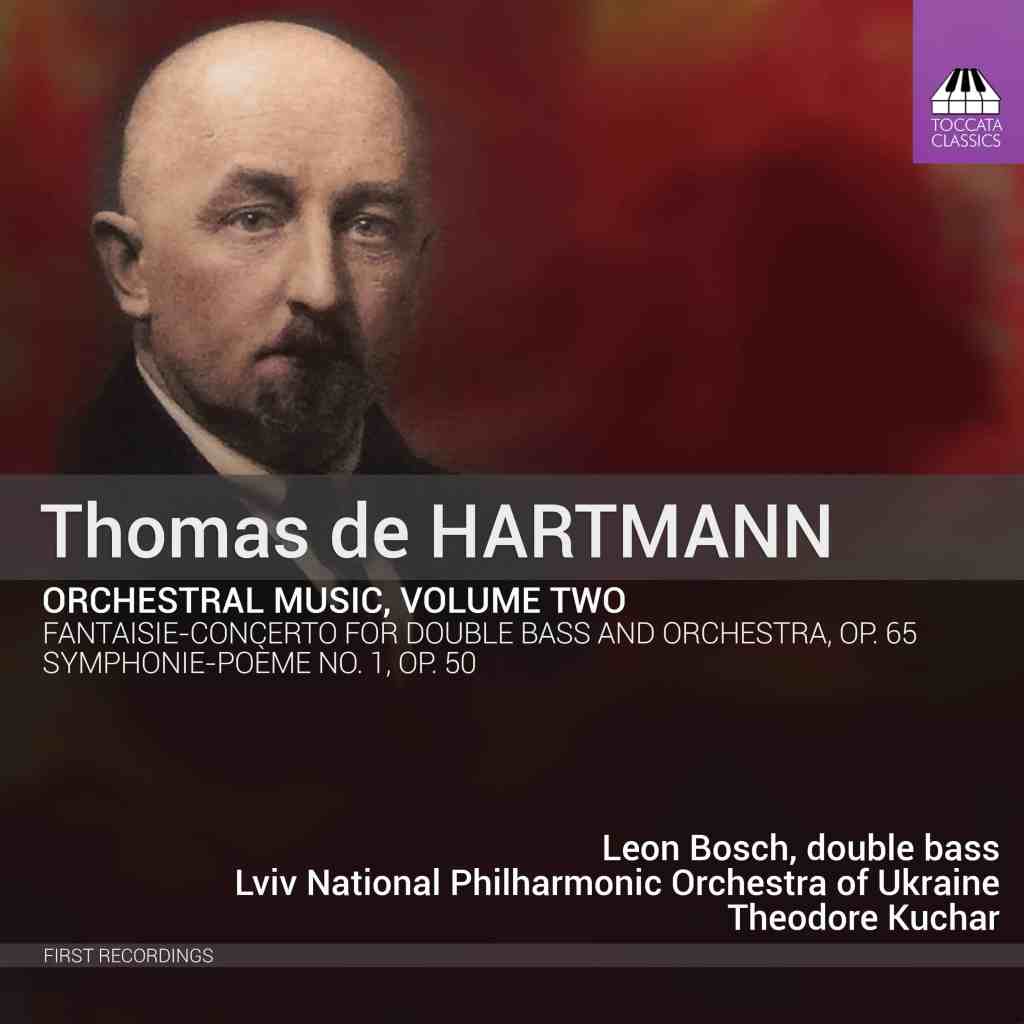
Fanny Hensel
Wenn ich ihn nur habe. Die Schönheit Nicht, Mädchen, Wohl deinem Liebling (all 1820). Der Abendstern. Die sanften Tage, Der Sänger. An die Entfernte (all 1823). Auf der Wanderung. Abschied. Mond. Sehnsucht, HU190 (all 1824-6). Sehnsucht, HU192. Maigesang. Seufzer. An den Mond. An die Ruhe. Sehnsucht, HU203. Sehnsucht, HU205. Umsonst. Suleika (all 1827). Sehnsucht, HU217. Nacht. In der Ferne (all 1828-33). Über allen Gipfeln ist Ruh’. Ach, die Augen sind es wieder. Das Meer Erglänzte. Ich wandelte unter den Bäumen (all 1835-8). Der Fürst vom Berge. Traurige Wege. Dämmrung senkte sich von oben. Traum. Mutter, o sing mich zur Ruh’ (all 1840-44). Erwache Knab’. Vorwurf (both 1846).
Jennifer Parker, Stephanie Wake-Edwards (mezzo-sopranos), Tim Parker-Langston (tenor), Jâms Coleman, Genevieve Ellis, Ewan Gilford (pianos)
First Hand Records FHR148 [82’25’’]
German texts and English translations included. Producers and Engineers Tim Parker-Langston, David Jones
Recorded 3-8 January 2023 at Mendelssohn-Haus, Leipzig, Germany
Reviewed by Richard Whitehouse
What’s the story?
First Hand Records expands its already enterprising catalogue with this release of Lieder by Fanny Hensel (1805-47) – Felix Mendelssohn’s elder sister – who has recently come into her own not least through her prolific song output, many of which are only now being recorded.
What’s the music like?
Hensel left some 450 individual works, with songs comprising over half this total. A handful of these appeared under her brother’s name, while she had published just three collections of songs and piano pieces at the time of her death: a measure of the extent of her composing is that half of those songs featured here are being recorded for the first time. Covering some 26 years, this selection feels representative of her musical development in terms of its evolving approach to harmony and word-setting, together with the range and type of authors being set.
Although other sequences are perfectly feasible, the decision to proceed chronologically is justified by relative unfamiliarity of Hensel’s songs. Starting with the appealing gaucheness of the Novalis setting If I could only have him, this continues with such relatively ambitious numbers as the Ludwig Uhland ballad The Gentle Days (at almost five minutes the longest item here) or wistful eloquence found in Ludwig Tieck’s Parting. A highlight is her setting of Ludwig Hölty’s May Song, notably the subtle variations of tone and texture drawn from its 12 verses. The songs from the late 1830s include a striking treatment of Heinrich Heine’s I wondered beneath the trees and those from the early 1840s include the sustained intensity found in Nikolaus Lenau’s Sorrowful Paths, which poet’s Reproach is almost her last song.
A good way into Hensel’s songs is through comparing those five items (from a total of nine) all entitled Sehnsucht (Longing) and written during the mid-to later 1820s. First, a setting of Johann Voss which never ventures far from its subdued opening; next, a setting of Hölty that points up this poem’s conflicting images with real acuity, followed with two briefer settings by these poets (that by Hölty the shortest here at barely 50 seconds) such as amply turn such succinctness to expressive advantage and, finally, a poem by Friedrich Märcker whose overt pantheism inspires a setting of gentle profundity. Here, as in almost all these songs, Hensel never forces the issue with regard to ‘interpreting’ the words at hand – rather, her approach is to tease out its meaning through a dialogue between voice and piano in which inference is all.
Does it all work?
Almost always, not least owing to the advocacy of these artists. The lion’s share is entrusted to Tim Parker-Langston (not unreasonably so given his masterminding of this project), whose mellifluous tenor is eminently suited to Hensel’s music. Of the two mezzos, Stephanie Wake-Edwards’s soulful contralto is duly complemented on three numbers with the lighter tone of Jennifer Parker. The 34 songs are divided almost equally between three pianists who, between them, confirm Hensel wrote as idiomatically as any more illustrious peer for this combination.
Is it recommended?
It is, given this release is a significant contribution to the ongoing dissemination of Hensel’s music. The booklet, too, is admirably produced with its succinct introductory note alongside full texts and translations. Those looking for an overview of these songs need look no further.
Buy
You can explore purchase options on the First Hand Records website Click to read about Hensel Songs Online, and on the artist names to read more on Jennifer Parker, Stephanie Wake-Edwards, Tim Parker-Langston, Jâms Coleman, Genevieve Ellis and Ewan Gilford
Published post no.2,173 – Thursday 9 May 2024





